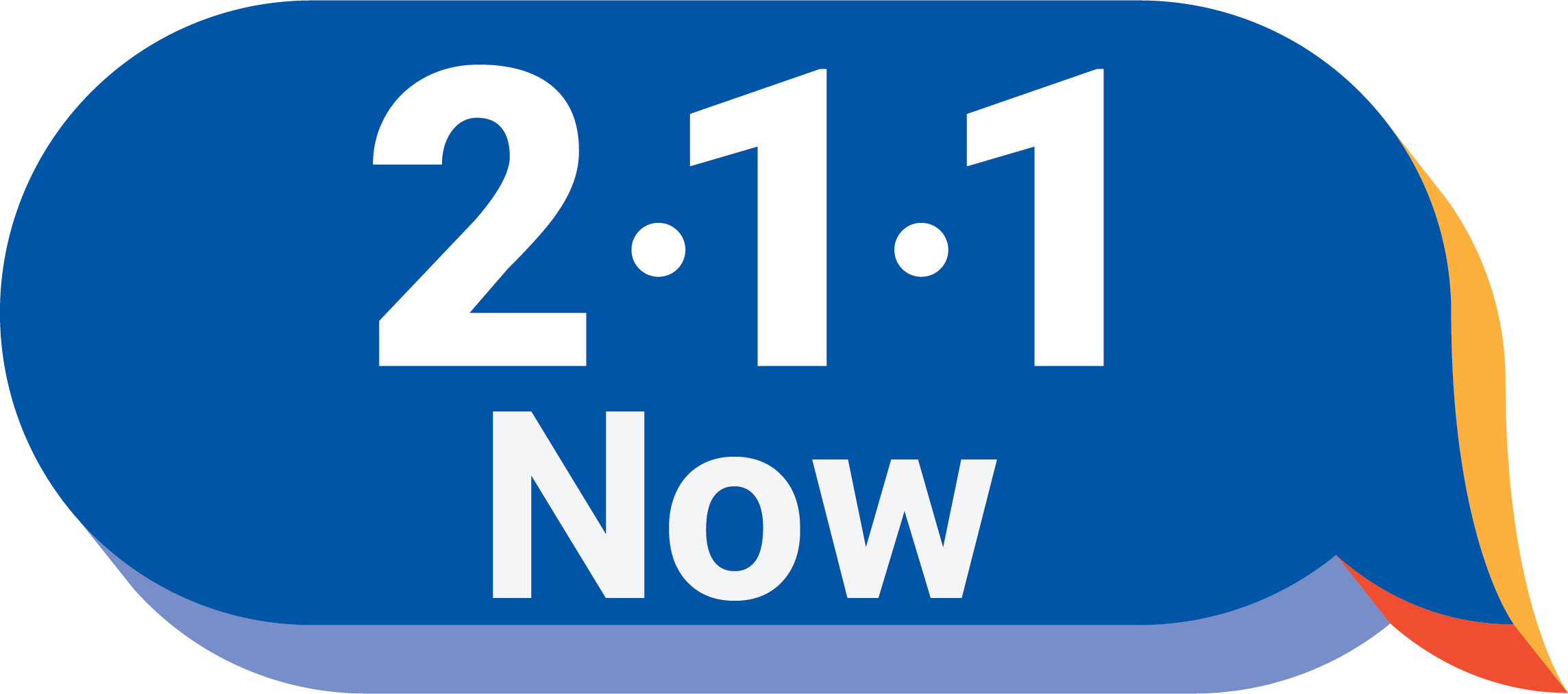Public Safety Power Shutoff Outreach
High winds can cause trees or debris to damage electric lines and cause wildfires. As a result, your electric utility company may need to turn off power during severe weather. This is called a Public Safety Power Shutoff (PSPS). PSPS events are one of the ways utility companies better ensure the safety of the public.
Through a collaborative partnership of the California 211 Network and Investor-Owned Utilities, Pacific Gas and Electric Company (PG&E) and Southern California Edison (SCE) seek to support customers with an Access or Functional Need (AFN) by connecting them to resources, programs, and local support systems.

Before a PSPS Event
- Emergency Planning Assistance - Personal Safety Plan
- Registration for alerts and notifications
- Medical Baseline Program Enrollment
- CARE or FERA Enrollment
During a PSPS Event
- Locating a Community Resource Center
- Connections to PSPS Resources, including transportation, lodging, and food resource and replacement
After a PSPS Event
- Power restoration updates
- Preparing for the next Public Safety Power Shutoff
Conditions to Cause a PSPS Event
High Winds & Strong Gusts
Dry Vegetation That Could Serve as Fuel for a Wildfire
Low Humidity
Real-Time Observations by a State-of-the-Art Weather Sensor Network
Fire Threat to Electric Infrastructure
Red Flag Warnings declared by the National Weather Service
Access and Functional Needs
Medical Baseline Customers
 Customers and family members who depend on powered medical equipment should plan to have a backup power source, such as an uninterruptible power supply or a backup location in case of a power outage.
Customers and family members who depend on powered medical equipment should plan to have a backup power source, such as an uninterruptible power supply or a backup location in case of a power outage.
Identifying “electricity dependent” based on two factors:
- Medical Baseline Allowance is a rate structure, and the eligibility requirements do not include all AFN electricity dependency needs.
- There isn’t a consistent definition/qualifications across the organizations used to determine “electricity dependent”. (e.g., IHSS, RC, Medicare, CPUC). Note: Households may be in multiple of the customer AFN segmented identifies.
If you or someone in your household requires the regular use of electrically-powered medical equipment or other qualifying medical devices, you may be eligible for the Medical Baseline Allowance program. This program provides an additional 16.5 kilowatt-hours (kWh) of electricity per day. Provided at the lowest baseline rate, this helps offset the cost of operating the medical equipment.
Make an Appointment With Your County's 211 Care Coordinator
Care Coordination is unavailable in Imperial, Kern, King, Tulare, Stanislaus, Fresno, Merced, and Mariposa County at this time. Contact your local 211 or power company for more information.
